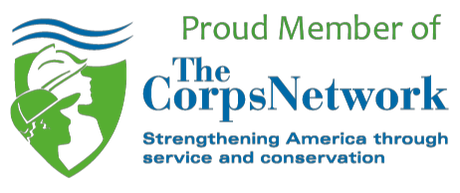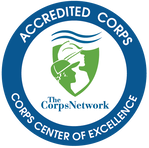It's time to share another interview as part of our Science Stories blog series. Each month, we interview a STEM scholar, student, or community member and ask them things like why they believe the STEM fields are important, how they got started in their field, to what they would do if they hit the jackpot. We hope that our new blog series will inspire, introduce a variety of fields, and create new conversations. Why do you believe that the STEM fields are important? I believe that science is the best tool we have for gaining a complete picture on how the universe operates. This information forms the basis of much of our economy via applied technologies in transportation, medicine and agriculture. Applications for environmental issues are through scientific studies. It also illustrates the human relationships to other life, the earth and our cosmos. How and why did you get involved in the STEM fields? Personal investigations of the biological and cosmological world were always of interest to me. Before I was in first grade I was fascinated with dinosaurs and wanted to be a paleontologist. Can you describe another aspect of your life or career that is influenced or enriched by the STEM fields that people would find surprising? I have had extensive travels in Australia (and other countries) due to my interests in marsupial evolution and biogeography. Originally, I had the intention of a career working in the National Park Service. This was something which I did, but only for four seasons. I also worked seasonally on Japanese and Korean fishing vessels in the Bering Sea for the National Marine Fisheries Service. This position was to function in biological monitoring of the ships while they were fishing in U.S. waters off the Aleutian Islands. In 2011 I received a Fulbright Scholar Award and was able to travel and teach in Asuncion, Paraguay for a semester. But perhaps my greatest surprise is that I have been able to develop a research program, in paleontology, for myself and some of my students while employed as a biology professor at Yavapai College. What inspires you in your current position/role? Seeing my students increase their interest and understanding in science. Reading about new discoveries in science. Finding fossils, working on museum collections in paleontology and connecting with other professionals at science conferences. Have you ever participated in an internship? Yes. I was in the Student Conservation Association and worked as a naturalist and park interpreter for Arches National Park in Utah. This experience did lead to working as a seasonal ranger at Chiricahua National Monument in Arizona and John Day Fossil Beds National Monument in Oregon. What work experiences (past or present) have been the most educational for you, and why? I had a number of seasonal contracts to instruct grade school and middle school students science related topics. This included teaching at the Multnomah County Outdoor School Program, the Oregon Museum of Science and Industry and the Oregon Zoo. These programs were in, or near, Portland, Oregon, and my experience with this increased my enthusiasm for teaching. My graduate work studies focused upon the biogeography of Tasmanian mammals and on the recolonization of pikas (rock rabbits) onto Mount St. Helens. My current work in paleontology is the most educational and rewarding. I have been able to involve many of my students in field and collections work in paleontology. In this work we have made several presentations at paleontology meetings. What project(s) are you currently working on? I am working on a comprehensive listing of the fossil mammal fauna from a late Miocene site (Milk Creek) in central Arizona. Not only have I been able to add three new taxa to the site, along with my students, I have also worked on the history of research at this site. Scientific surveys at the Milk Creek area have been continuous since 1948. Last year we began a survey project of the only recent Cenozoic (latest Miocene or early Pliocene) site at Petrified Forest National Park. My students and I were successful in locating a number of vertebrate and invertebrate materials here. What is something that people might be surprised to learn about you (hobby, skill, interesting story)? I am extremely interested in nutritional studies. I study and synthesize a large number of these, for both personal and class related materials. I love to travel and explore our planet and its natural wonders. I am working on some writing and photography projects. What is the funniest thing that has happened to you recently? This is the most difficult question and I am largely drawing a blank in my recent history. I will offer that I have begun a series of food theme days at my work with a few colleagues. We hand out some self-designed awards for the Cheese and Chocolate Day event. We do so during class and infer, with mock seriousness, of the “prestigious” awards these Professors have won. The responses we receive from my colleagues are largely exaggerated thanks for these “honors.” However, one professor nearly collapsed with the shock of this announcement. She was fine, but we, and her students couldn’t stop laughing at this shocking response. What is the worst job that you had, and what would you tell your past self now? I once worked on door-to-door sales for some magazines, which were supposed to support a non-profit environmental group. I hated trying to encourage people to buy the magazines and felt like I was imposing on them. I don’t know if I would say to skip this, as this experience let me know what not to focus on. However, if I were to give my past self some advice, I would state that I should have minored in geology (I did major in biology) and to pursue graduate research in paleontology and get started in this field earlier. I think I would encourage my past self to take Spanish in high school and to have written a bit more then. You won $10 million in the lotto. What would you do? That is more than enough to quit my current position (which I really enjoy) and work full time in the field and at museum collections in paleontology. I would also spend more time writing and working on projects which are, at present, largely limited by other time commitments. I would no longer be concerned about our two children’s college costs. I would contribute to student scholarships in the Society of Vertebrate Paleontology and to my own universities for student scholarships. I would also contribute to a few friends to help them out. And, of course, I would travel. Other than having more time for the projects I most want to work on, I don’t see a big change in what I plan to do in the future. What’s your favorite book of all-time? There are too many. I generally read science, science fiction and science related biographies. For science, I will indicate In the Day of the Dinosaur, by Roy Chapman Andrews, who inspired me to want to work in paleontology. I would believe that Carl Sagan’s books, and his Cosmos series, re-energized my interests in the study of science and the natural world. In science fiction, I have most enjoyed several works by Isaac Asimov and Larry Niven. I find various science fiction speculations involving either time travel or aliens to be fascinating. I also love reading about historical figures in evolutionary biology and paleontology. And, I might add Edward Abbey’s Desert Solitaire, which inspired me to consider a career in the Park Service and to consider the importance of the natural environment and human interactions. Thanks for sharing! We enjoyed learning more about you and your current projects.
Check back next month for more Science Stories. Want to be featured? Contact us. Did you know that our Field Experience Program allows students to apply knowledge from the classroom on-site at the Drake Mine? Watch our Field Experience Program trailer to learn more about this program. We are a 501(c) 3 nonprofit supported by grants and donations. You can help fund our educational programs, including programs like this one by making an online donation today. We've partnered with College Success Arizona to offer new scholarship opportunities designed to help students—particularly first-generation students and students from low-income families—overcome barriers to college access and attainment, while also providing them with the support they need to succeed in college and the workforce.
The next deadline is March 22. Read the rules and apply online today! https://www.gemenvironmental.org/collegesuccess.html G.E.M. Environmental is pleased to announce that Dawson Compliance is our latest Gold Sponsor! Their gracious support allows us to provide hands-on educational programs and scholarships to underserved students. Visit respclearance.com to learn more about Dawson Compliance.
Is your company interested in becoming a corporate sponsor? Learn more and apply here. We're partnering with Arizona Serve and PUSD Family Resource Center for #MLKDay!
There are nine community projects to choose from. Join us! http://signup.com/go/AXOmTWX People who love working with numbers and formulas are naturally attracted to the mathematical branch of STEM. Unlike students entering the realm of science and engineering, those interested in a numbers oriented career have far fewer undergraduate degree options from which to choose.
An advanced degree and/or specific certification(s) may be warranted in some roles after the completion of an initial four year degree; those with a desire to work within academia or the governmental sector often pursue doctoral degrees. Accountants, bookkeepers, logisticians and secondary level mathematics instructors, on the other hand, are likely to qualify for a plentiful number of employment opportunities with their mathematically oriented bachelor's degree. Choosing math for your undergraduate degree is also an excellent choice if you're unclear about your long term career goals. Many graduate and professional programs look favorably upon applicants with a bachelor's in math; such a degree is also attractive to many employers in science or business related fields. Completing one or more summer internships during your initial four years of study can help clarify your long term career options; as a bonus, declaring math as your major will open doors to a wide variety of internship opportunities early in your college career. Selecting a Mathematically Oriented Bachelor's Degree Students interested in pursuing a mathematically oriented bachelor's degree generally have only a handful of tracks to follow during the first four years of their educational journey. For example, math students at the University of Arizona can select either a B.S. or B.A. in Mathematics or Statistics & Data Science, giving them a total of four degree options (compared to dozens of options in science or engineering!). Each of these four degree paths have more similarities than differences and the first few years of coursework will be identical in most cases. B.S. degree holders are slightly better prepared for science and/or numbers oriented careers while those with B.A. degrees will more easily transition into law school and/or other non scientific careers, yet all math degrees form an excellent base for students who are unclear about their future goals. A math degree can open doors to advanced courses of study in virtually any field, as many graduate and professional programs (including medical and law schools) look favorably upon applicants who've earned a bachelor's in mathematics. In fact, nearly half of all math majors end up completing an advanced degree! Career Options for Four Year Math Degree Holders In most geographic locations, a student who wishes to begin a career after completing a four year math degree will have a wide variety of options that provide comfortable salaries, room for growth and high levels of job satisfaction. Math majors often fill roles as bookkeepers, accountants, analysts, administrators and beyond and some are drawn to the realm of secondary education where their skills are in high demand. Each state has its own set of requirements for certification of high school math teachers, yet the need for these teachers is so great that individuals with any math related degree will usually have the option to follow a straightforward pathway towards certification. As an alternative to obtaining a bachelor's in math, future teachers can obtain an educational degree with a mathematical focus. It's important to consider, however, that an educational degree will not be viewed as favorably as a mathematics degree outside the realm of education and is therefore not recommended for those with unclear career goals. Internships as Tools for Math Majors Many math majors choose their course of study to create a solid base from which to continue an advanced educational journey or to open doors to a variety of career options. Internships provide the perfect complimentary experience for these students, as their flexible mathematical backgrounds give them the option of "trying out" virtually any role they find interesting. Math majors will likely qualify for many internships in science or business related fields and some will take advantage of this flexibility by applying for summer positions as soon as they've completed their first year as an undergraduate. Every internship you complete will provide invaluable work experience to narrow down your future career options; if, during an internship you discover that certain career paths no longer appeal to you, you'll still have work experience to add to your resume and will have made professional connections that will serve you well in years to come. Check out G.E.M. Environmental's summer internships to explore the realm of Earth Science while getting paid and enjoying the beauty of the southwest! G.E.M. Environmental is committed to supporting underrepresented STEM students through educational and financial support. In addition to field experiences and summer internships, we offer scholarships which can be used to fund educational programs, purchase books, or pay down accumulated student loan debt. We'll be reviewing the next batch of applications in March of 2019. Our blog entries are intended to help STEM students obtain their dream career. We encourage you to add your comments below; if there are any particular topics you'd like to see addressed in future posts, please share! Also be sure to scroll down to the bottom of our website and sign up for our newsletter (under "Follow Us") so you can stay up to date about our upcoming programs and opportunities! References https://www.collegexpress.com/interests/science-and-engineering/articles/studying-sciences/how-choose-stem-major-all-your-different-options/ https://www.monster.com/career-advice/article/best-jobs-math-majors-0417 https://study.com/how_to_become_a_high_school_math_teacher.html https://www.trade-schools.net/articles/jobs-for-math-majors.asp https://www.math.arizona.edu/academics/undergrads/requirements/majors We're excited to share another Scholarship Success Spotlight! In case you haven't read these yet, we will be regularly sharing stories from our talented scholarship recipients and how they are using their funds in the STEM fields. Our January spotlight is on Soyasha Pandey, 4th quarter 2018 scholarship recipient from a small Himalayan country, Nepal, the existence of which most people are unaware of. Despite the limited opportunities her small country had to offer, she had aspirations bigger than that could be fulfilled there. Hence, Soyasha decided to travel to the other side of the planet to further her education in the field of Aerospace Engineering. Here's her story: Why I Value STEM Education I came across the acronym “STEM” on my first day in an American school when I was told of the SMCC STEMS Club (the extra ‘S’ for ‘sustainability). Nearly a year and a half ago was the first time I was introduced to the broad concept of this all-encompassing term and today I write this as the Vice President of the SMCC STEMS Club and an advocate for the STEM fields. The knowledge I have gained by being a part of the field and through mentors and role models has convinced me that the future of humankind relies on the advancement of the STEM field and hence, it is important to inspire the upcoming generations towards it. My Current Work and Passion Since early childhood, I have looked at the stars in wonderment, an act that not just became an impulsive habit but has now shaped my career choice. As my curiosities were answered, new questions emerged, creating a cycle of never-ending questions and mysteries, a cycle that is indeed cruel but fascinating enough for physicists and scientists to have devoted their lives towards, and I have become but one more victim of it. Since I am currently pursuing my Associates in Science, my primary focus has been on sustainability and the present critical need of its implementation in every field imaginable. Through the mentors of the club and field trip to places like the Desert Botanical Garden, San Xavier Mine and Biosphere 2, I have been able to gain valuable knowledge in previously unexplored subjects, the basis of which I have used as motivation in my projects. Through the club I have been working in the school botanical garden for the past year, being involved in projects that not only serve sustainability but also reflect my love for space. The revived botanical garden that was once covered with runaway aloe and dead cacti now serves as an example of sustainable development while displaying the passions of the members involved in the project. With access to the engineering lab, I decided to use the new laser etching equipment to build planet plaques that have been placed along the garden pathway proportional to their actual distance in the solar system. With smaller projects completed, we have now been awarded funding to further promote the use of green energy by building a shade structure that facilitates solar-powered phone and laptop charging to the students as well a solar powered weather station, a project that is still in its initial stage but, no doubt, a big achievement in sustainability. Joining South Mountain Community College has introduced my timid self to new possibilities and a wide range of knowledge. Upon meeting fellow space lovers, students in the STEM fields and role models like Dr. Sian Proctor, I realized how much I still needed to learn and how educational a social setting like a club can be. Being a part, and now the Vice President, of the STEMS Club has been significant in introducing me to geology and sustainability, fields that I have now come to know are crucial space exploration and discovery. In the years that follow and upon transfer to Arizona State University, I hope to be able to use the knowledge I have gained and be able to implement it fields of astronautical importance. I hope to be working in labs studying the terrain of different planets and engineering crafts to study them, I imagine myself being able to work and contribute in the next interstellar breakthrough, but most importantly, I hope to be able to answer my own curiosities about the cosmos that I have had since I realized that the canvas of the night sky holds more than just the stars and moon. What This Scholarship Means To Me and How I Plan To Use the Funds It is with much pride that I say I am one of the recipients of the 4th quarter scholarship of 2018. Since I have been independent upon my arrival to the US in 2017, the funding provided by G.E.M. Environmental is of tremendous help. The funds will go towards paying for my tuition and hence I will be able to focus on my education and invest time in projects that I believe will enrich my practical knowledge in order to become a competent engineer. I literally traveled to the other side of the planet to chase a dream that some might even call too good to be true. The aid provided by GEM Environmental is not just financial but is a vote of trust which I am grateful for. A Few Other Highlights I'd Like To Share This year I was able to see one of my idols in person. After having watched him for years through screens motivating me further towards the field of astronomy, hearing Neil deGrasse Tyson in person talk about the endless possibilities the cosmos holds evoked emotions in me that led to an ultimate realization; what I am pursuing is more than just a degree, it is my calling. ~~~ This is fantastic! We are so pleased that G.E.M. Environmental was able to assist you in your educational endeavors and we look forward to hearing more about your progress in the coming years! Are you a STEM major? Consider applying for one of our scholarships! Visit our Scholarship page to learn more about eligibility and apply online. Come out and play at the Windsock Lounge in Prescott (1385 Iron Springs Rd). Your donations will help support our educational programs!
Did you see? We now have two NEW scholarship opportunities available! One for undergrads and one for grad students!
Check out the complete rules and apply online here. This is an excellent opportunity for all STEM students! Also, be sure to check our website for updates about two forthcoming scholarships - Our High School Senior College Success Mentorship Scholarship and Research Assistance Grants. We also have a newsletter if you'd like to be notified via email when these opportunities are available. Sign up here. |
Categories
All
Archives
June 2024
|
G.E.M. Environmental NFP
Geology - Engineering - Minerals - Environmental - Not for Profit
Geology - Engineering - Minerals - Environmental - Not for Profit
Community Partners
|
Programs
|
Get Involved
|
About
|
Follow Us
|
Sponsors & Donors
|
© COPYRIGHT 2017 - 2023. ALL RIGHTS RESERVED. G.E.M. Environmental NFP
GEM Environmental, GEM4STEM, GEM Corps, and Charity Rocks are all Registered Trademarks of G.E.M. Environmental NFP.
Any and all use of Trademarks or Copyrights must be authorized.
GEM Environmental, GEM4STEM, GEM Corps, and Charity Rocks are all Registered Trademarks of G.E.M. Environmental NFP.
Any and all use of Trademarks or Copyrights must be authorized.
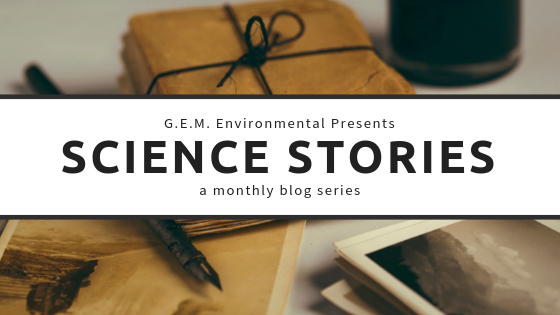
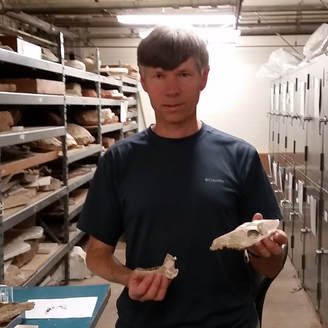
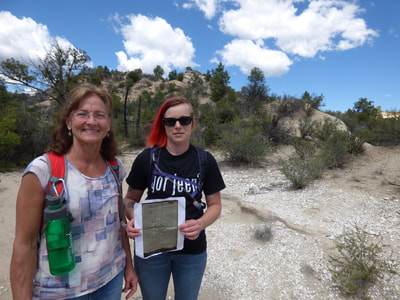
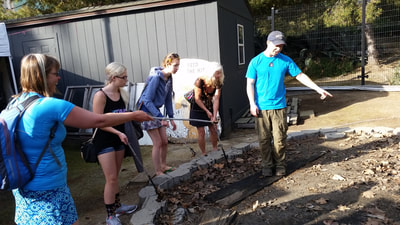
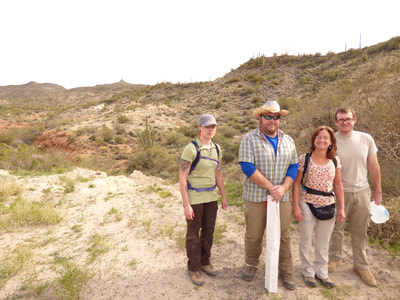
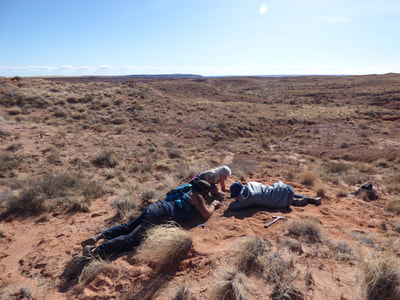
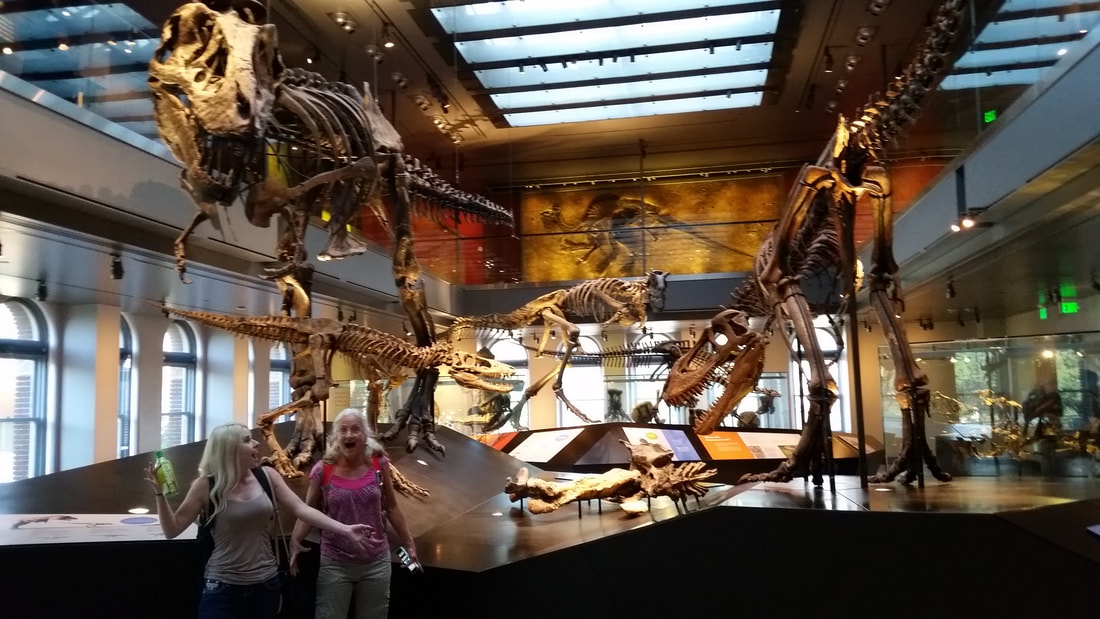
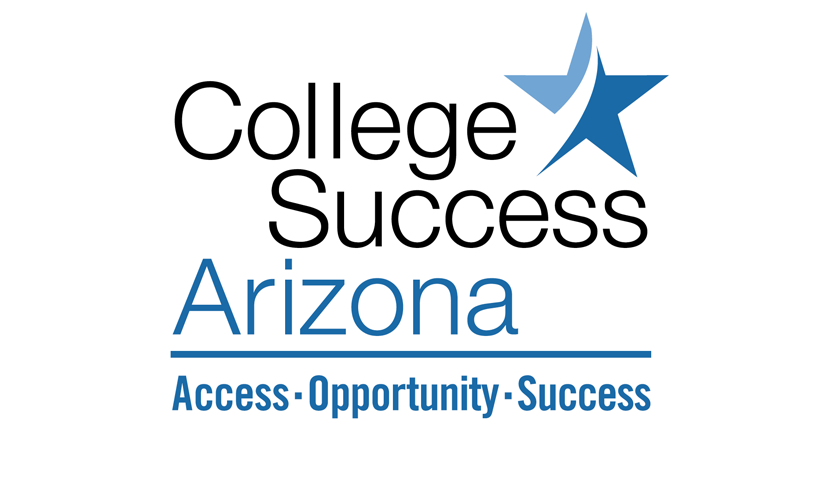
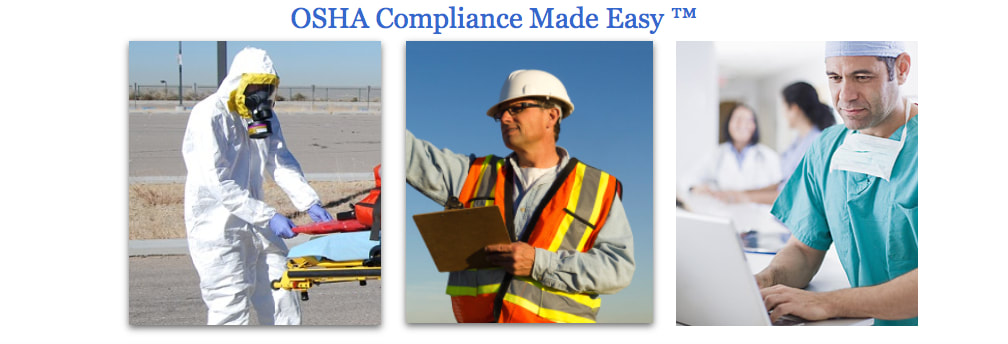
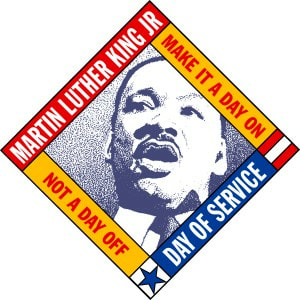
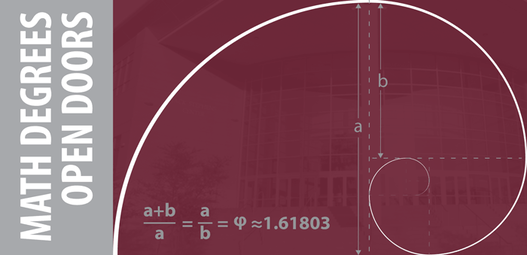
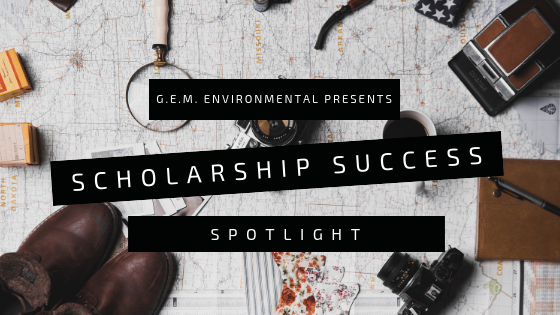
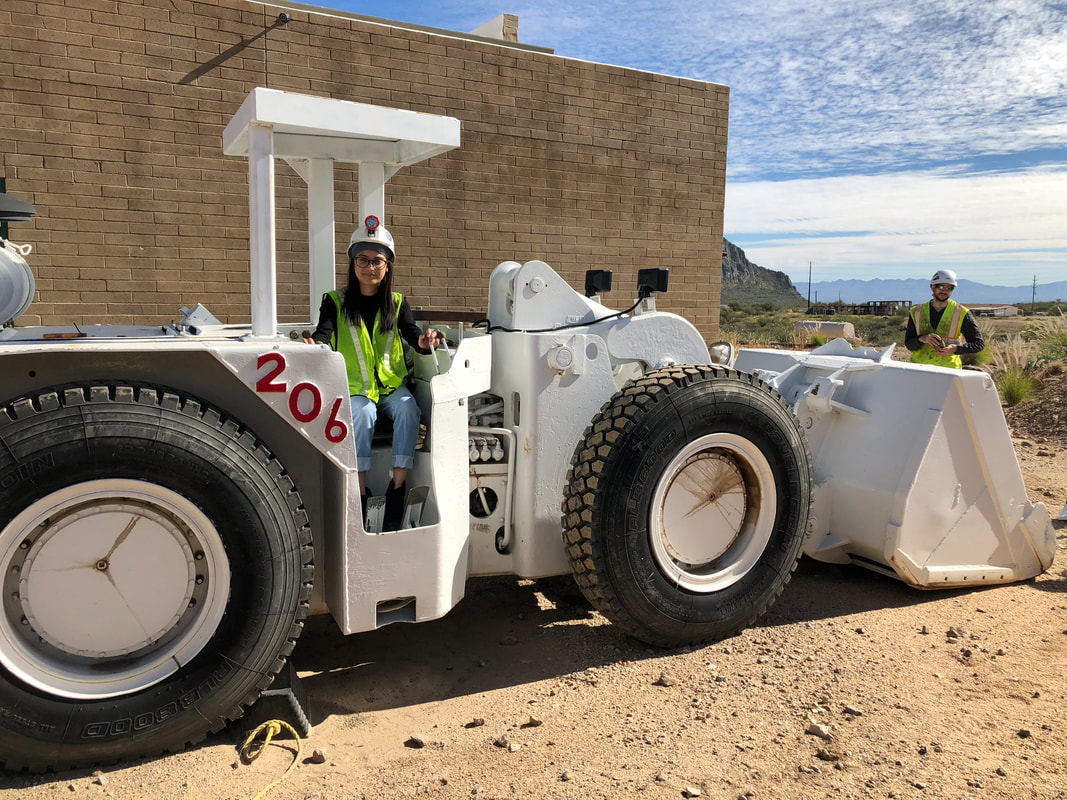
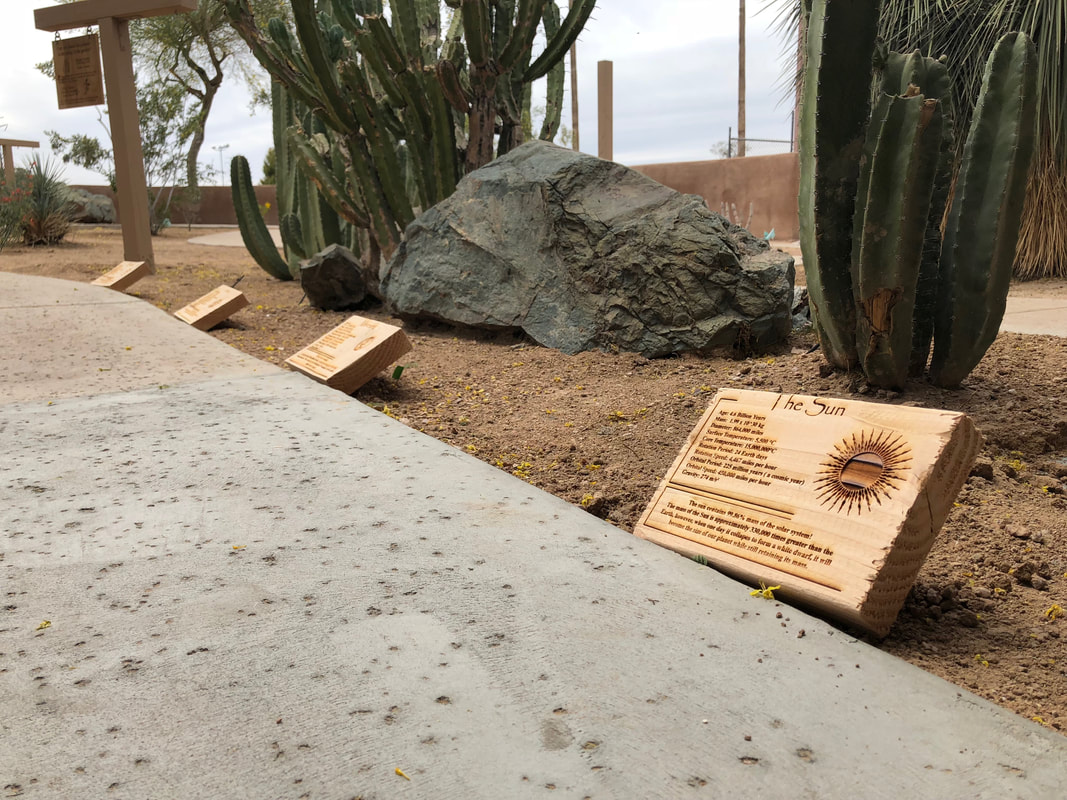
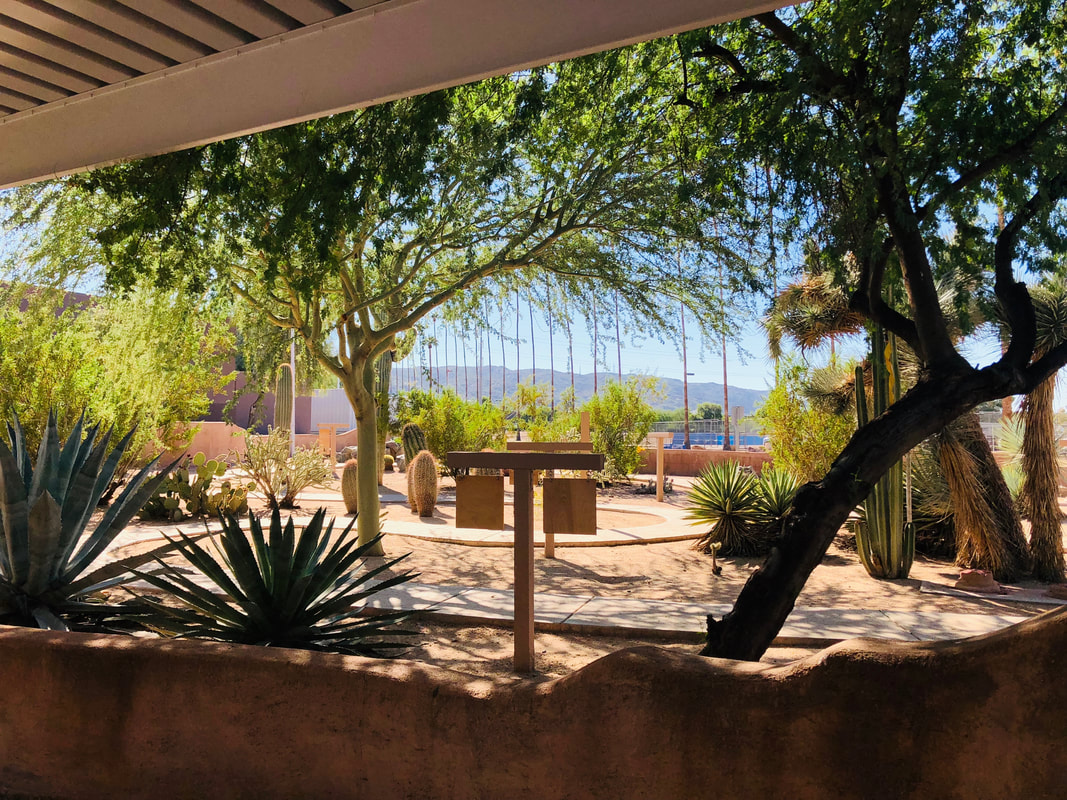
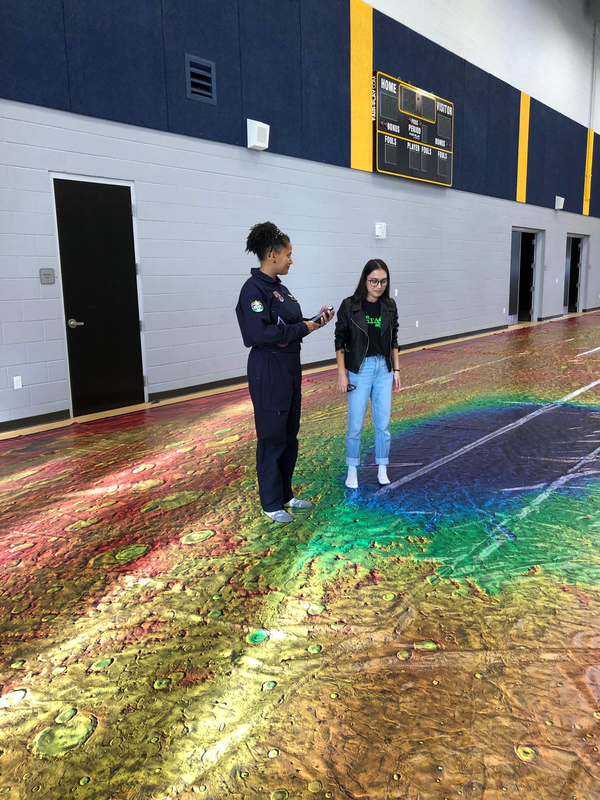
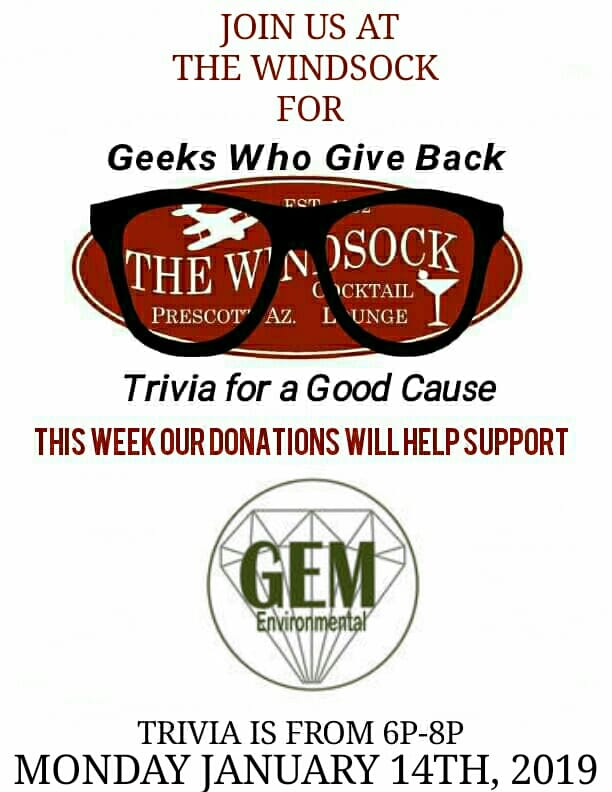
 RSS Feed
RSS Feed

